
UNOC3: Action for fishers, action for oceans
No ocean justice without coastal communities Coastal communities around the world are sounding the alarm – their territorial waters are under threat, and their voices
In many remote coastal regions there are few economic opportunities beyond fishing, and communities are totally reliant on the sea for their survival. We are working with coastal communities to develop sustainable livelihood activities appropriate to local environments and cultures.
Our community-based aquaculture initiative in Madagascar is providing coastal people with new sources of income while alleviating pressure on fisheries and marine biodiversity. We’re helping families to develop their own aquaculture businesses for seaweed and sea cucumbers, connecting isolated coastal communities with lucrative international markets. Fishers can adopt these sustainable livelihoods with little negative impact on the marine environment as they require no feed inputs.
Sea cucumbers (known as trepang after processing) are in high demand in Asian markets where they are considered a delicacy, health food and aphrodisiac, while red seaweed is widely used in food and cosmetics industries as a texturing agent.
Our aquaculture specialists provide materials and technical guidance, and assist with start-up costs. Every year new farmers and villages join our aquaculture programme, and over half of the farmers supported by Blue Ventures are women, who often use this new income to help pay for children’s school fees and supplement their family’s diet.
We have trained over 700 people to become farmers of sea cucumbers (Holothuria scabra) and red “cottonii” seaweed (Kappaphycus alvarezii) within locally managed marine areas. Working with the University of Toliara’s Marine Science Institute (IHSM), seafood exporter Copefrito and aquaculture company Indian Ocean Trepang (IOT), we’re committed to sharing best practice in community-based aquaculture, and helping innovate new village-based aquaculture models that communities can take to scale.
This series of profiles explores community-based aquaculture through the eyes and words of Vezo fishers in Madagascar.
We help to broker relations between small-scale mariculture companies and fishing communities, particularly for seaweed and sea cucumber farming.
In Madagascar, our partner Ocean Farmers is paying a percentage of its gross sales towards local governance costs.

No ocean justice without coastal communities Coastal communities around the world are sounding the alarm – their territorial waters are under threat, and their voices

The Zanzibar archipelago is famed for its turquoise waters, supporting bustling fisheries. One such fishery revolves around anchovies in Mkokotoni, where community-based fisheries management and

BV’s first Regional Advisory Council sets sail in Indonesia In a crucial step toward realising our 2030 vision, we’re empowering community-based action to manage and

Coastal communities in West Africa are facing a growing crisis that threatens their livelihoods, food security, and the marine ecosystems they rely on. Rampant overfishing—including

In a move set to bolster integrated health and conservation programming across the coastal tropics, Blue Ventures and MSI Reproductive Choices are expanding their long-standing

Experienced nonprofit leader will drive BV’s global conservation programmes across the coastal tropics Blue Ventures is delighted to announce the appointment of Ebrima Saidy as
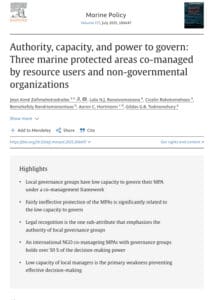
In Madagascar, when national government agencies lack the resources to govern Marine Protected Areas (MPAs), management may be legally transferred to local entities for co-management
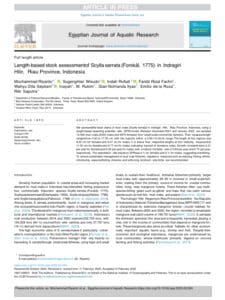
We assessed the stock status of mud crabs (Scylla serrata) in Indragiri Hilir, Riau Province, Indonesia, using a length-based spawning potential ratio (SPR) model. Between
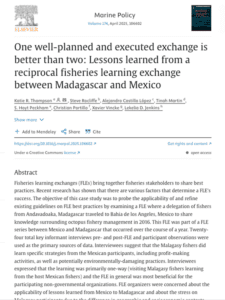
Fisheries learning exchanges (FLEs) bring together fisheries stakeholders to share best practices. Recent research has shown that there are various factors that determine a FLE’s
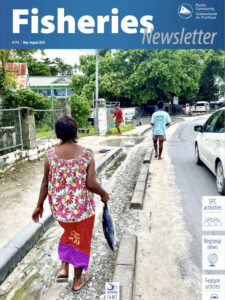
The May–August 2024 Fisheries Newsletter from SPC – No 174
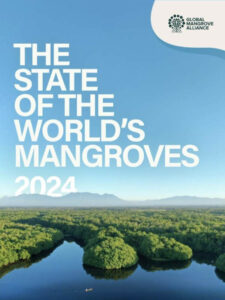
Mangroves are critical ecosystems, bridging land, freshwater, and sea. They host tremendous diversity and protect and provide for countless coastal communities around the world. This
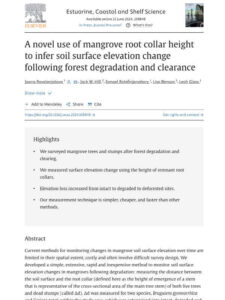
Current methods for monitoring changes in mangrove soil surface elevation over time are limited in their spatial extent, costly and often involve difficult survey design.